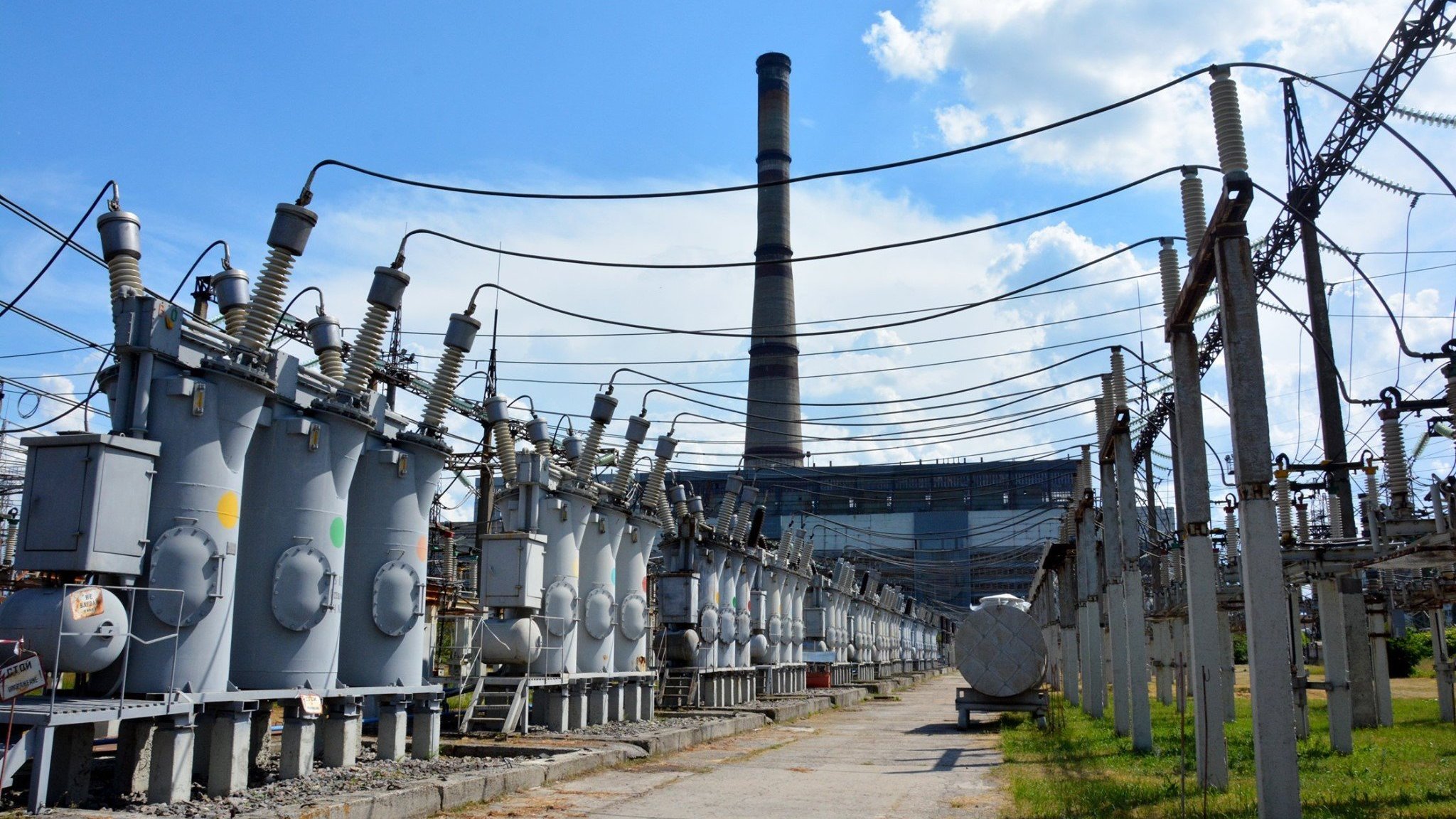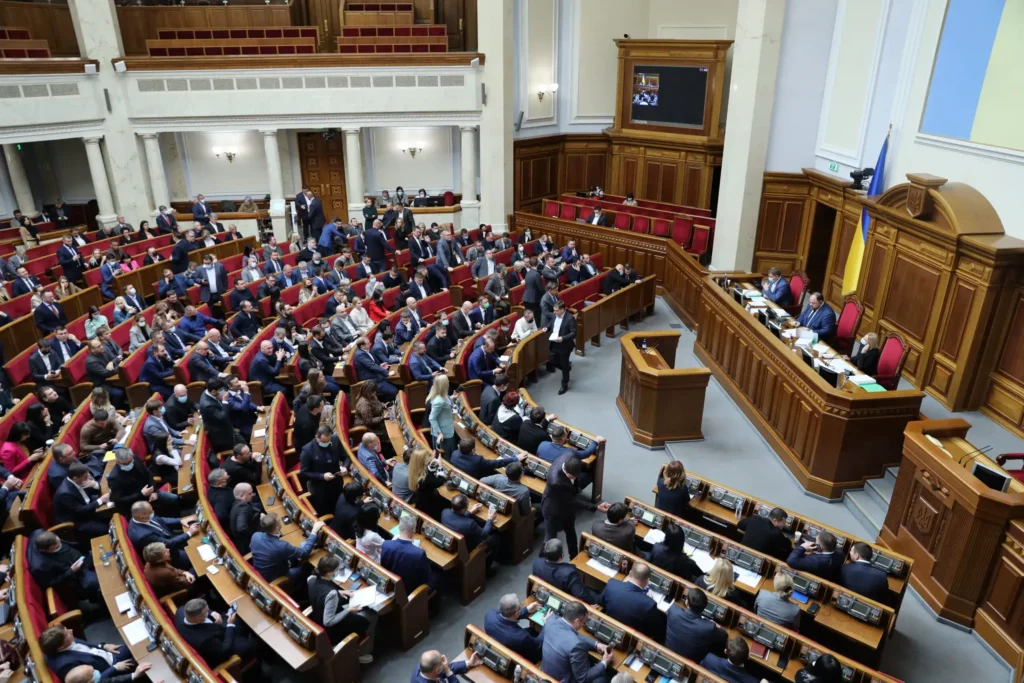Ukraine opens nuclear energy to private business: what will the law on SMR change?
10 October 2025 17:08
Ukraine wants to allow private companies to build small nuclear power plants. This is reported by "Komersant Ukrainian", citing information from the Committee on Energy, Housing and Utilities.
On October 9, a presentation of the relevant draft law was held there. The event was attended by representatives of the Embassies of the United States, Great Britain, France, the Delegation of the European Commission, as well as representatives of the Ministry of Energy, NEURC, Energoatom, SNRIU, Ukrenergo, DTEK, specialized associations and industrial companies.
Anatolii Kostiukh, chairman of the relevant subcommittee, explained that these projects are funded by the US budget and are aimed at two areas. This can be a study of the introduction of small modular reactors, such as for thermal power plants that are currently operating on coal as part of our decarbonization. The second area of this work is the possibility of introducing small modular reactors at large enterprises, energy-intensive enterprises that consume a lot of electricity.
And the proposed draft law creates a framework for the development of small modular reactors in Ukraine – both as a technological and investment platform. Its goal is to modernize the energy system, ensure energy independence and attract private capital to the industry that has traditionally been monopolized by the state.
What is a small modular reactor (SMR): main characteristics
- Delivery in the form of modules, factory assembly.
- Passive safety systems.
- Capacity: 300 – 470 MW.
- Maneuverability: not less than 20% of the nominal.
- Construction period – 3 to 5 years.
- The cost ($/kWe) is 6000 – 12000 (or 2000 – 3000 when re-equipping TPPs).
It is able to solve such problems of the Ukrainian energy sector as decarbonization, replacement of thermal power plants, district heating, hydrogen production, water desalination, and balancing of the power system.
Among the advantages of SMR is its quick construction and launch. The modules are manufactured at the plant, delivered in prefabricated modules and quickly assembled on site. This reduces construction time and costs compared to large nuclear power plants.
In addition, new modules can be added gradually, like a LEGO set. The reactors can be installed on the site of old thermal power plants or CHP plants, as well as in remote areas with limited power grids.
SMRs are also equipped with automatic protection systems that shut down the reactor in the event of an accident without human intervention.
Other positive characteristics of SMRs include:
- Environmental friendliness. The production of clean energy without CO₂ emissions helps to fulfill Ukraine’s international climate commitments.
- Economic efficiency. Factory production reduces costs, and the smaller size allows the use of existing infrastructure.
- Opportunity to attract private investment. Transparent rules create conditions for private business to participate in the construction and operation of SMR.
Read also: Galushchenko: Private nuclear power plants may appear in Ukraine
SMR in the world energy practice
It is worth mentioning such projects as BWRX300. Construction of the first four SMRs has already begun in Canada.
As for Poland, a private company has already identified and approved seven sites for the construction of future SMRs using these technologies. In total, 30 such reactors are planned to be built there.
We also need to pay attention to the following projects:
- Rolls-Royce SMR (UK): government support; plans for the Czech Republic and Sweden.
- NuScale VOYGR (USA): Romania – six SMRs in Doicești; preparatory work.
- SMR-300 (USA): Ukraine – Energoatom’s agreement with Holtec on the production of SMR components.
- NUWARD (France): Project on the EC’s list for support.
- Natrium (USA): Demonstration plant in Wyoming, on the site of a former thermal power plant.
What legislative changes does Ukraine need to enable businesses to build SMRs?
Today, pre-project development – that is, the search and study of potential construction sites, preparation of feasibility studies – requires licensing, which reduces investor interest.
In addition, the current legislation obliges to submit three alternative sites for the construction of nuclear facilities at once, which does not meet the specifics of the SMR.
Proposed changes:
- Cancellation of mandatory licensing of pre-project development for SMR.
- Cancellation of the requirement to submit three alternative sites.
- Simplify the conversion of old TPPs and CHPPs into nuclear facilities without re-commissioning of ancillary facilities left over from previous facilities.
- Allow private ownership of nuclear fuel used in SMR.
- At the same time, the state monopoly on storage, processing, and management of radioactive waste should be preserved.
New rules of the game: private investors will be able to build and operate small reactors
During the presentation of the draft law, Anatolii Kostiukh, Chairman of the relevant subcommittee, emphasized the following:
“Today, this area (energy sector – ed.) is quite overregulated, and it is, so to speak, not acceptable for a private investor, for global private investment, so this needs to be changed. And we have ways to solve this problem. In this draft law, we offer solutions,” he said.
The first solution is to create an updated model of a nuclear facility operator with a free market of operating organizations.
The second is to simplify the development and approval of construction projects, regulate the right of private ownership of SMR fuel, and at the same time leave the state with a monopoly on radioactive waste management and storage facilities.
When we talked about updating the model of a nuclear facility operator, what challenges did we face? The law does not currently provide for a free choice of facility operators,” Kostiukh explained.
“In all cases, without exception, operators are appointed by the Cabinet of Ministers of Ukraine. There is also a mandatory ownership of a nuclear facility, which limits the range of operators. In fact, today only the owner of a nuclear facility can be an operator. To eliminate this controversy, Kostiukh suggests the following:
To update the definition of the operating organization, i.e. the operator, of a nuclear facility, excluding the mandatory appointment of the operator by the Cabinet of Ministers of Ukraine.
To determine the right of owners of private SMRs to independently select facilityoperators from among the licensed players to be licensed by the SNRIU. The Cabinet of Ministers of Ukraine will appoint the operator for state-owned nuclear facilities. Licensing of operators’ activities remains mandatory, in accordance with all the norms and challenges.
“When we talk about simplifying the development and approval of construction projects in this draft law, pre-project development, search and study of potential sites, initial technical and economic feasibility studies require mandatory licensing, which reduces the interest of investors,” Kostiukh explained.
According to him, the Ukrainian legislative framework currently contains outdated requirements that are impractical for projects on conversion of TPPs and CHPPs to SMR, i.e. the requirement to simultaneously commission the entire complex of equipment and facilities on the territory of nuclear power facilities, together with industrial and domestic facilities.
Watch us on YouTube: important topics – without censorship
What are the solutions? To cancel the pre-design licensing for SMR nuclear facilities, to cancel the obligation to submit three alternative sites for the construction of SMR nuclear facilities, to simplify the possibility of re-profiling existing CHP sites into SMR NPP sites, to remove the need to re-commission facilities already built on the site that were inherited from CHP.
Next steps and invitation for cooperation
In order to successfully implement the SMR to meet Ukraine’s energy needs, the relevant committee plans to start working on unifying the regulatory framework and licensing processes for SMR. In addition, they plan to create targeted mechanisms for financing and attracting investments.
In the near future, it will also be necessary to create conditions for training highly qualified personnel for the operation of SMR and to unite the efforts of international partners, investors, technology companies and institutions to cooperate in the field of SMR in order to strengthen the sustainability of the energy sector.
Read us on Telegram: important topics – without censorship









